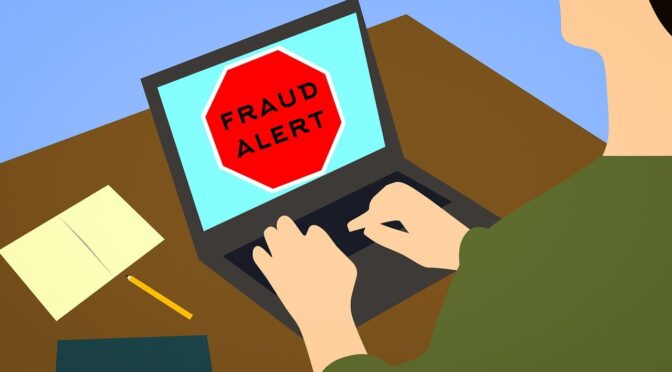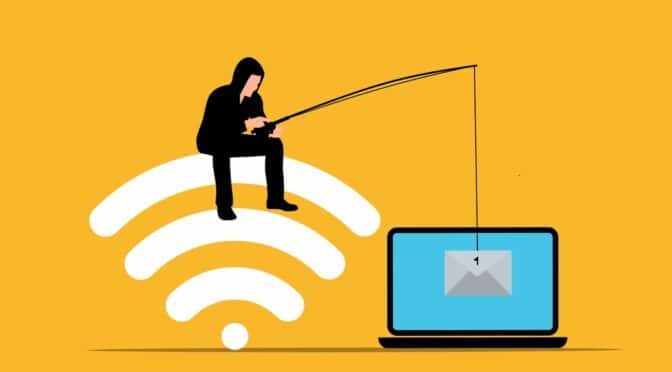The Sandy Hook Elementary School shootings broke our hearts and made us want to help in any way we can. Scammers know it and that’s why law enforcement officials throughout the country are warning about potential charitable scams. Many compassionate people stepped up immediately after the tragedy and many still want to open our wallets. And so of course, plenty of others know where to find their easy marks. The Connecticut Department of Consumer Protection (DCP) Commissioner William M. Rubenstein and Attorney General George Jepsen caution us all to :
• Donate to well-known, established charities; it is the best way to ensure that your donation is used appropriately. Find a charity with a proven track record that is making help available to the families and community of Newtown.
• When giving to any organization, specify the purpose of your donation (e.g “for the victims of the Newtown shooting”), and do so in writing whenever possible.
• Be extra cautious when responding to e-mail and telephone solicitations on behalf of supposed victims. These methods of solicitation are more likely to be part of a scam.
• Delete unsolicited e-mails and don’t open attachments, even if they claim to contain video or photographs. The attachments may be viruses designed to steal personal financial information from your computer.
• Watch carefully for copycat organizations. Criminals are likely to set up bogus sites to steal the identities and donations of generous, unsuspecting individuals. When giving online, be sure to find the charity’s legitimate website. You can access accurate links to the sites of each bona fide charity at Charity Navigator (www.charitynavigator.org).
• Social media sites can also perpetuate scams. Do not blindly give via these vehicles. As with any charity, investigate the groups behind such pleas to ensure that they come from a legitimate organization.
• Both the need for donations and the opportunity for giving will be present for some time. Therefore, do not feel pressured into making contributions; reputable charities do not use coercive tactics. If you feel pressured at all, you are most likely being scammed.
• Do not give your personal or financial information to anyone who solicits contributions.
• Avoid cash donations if possible. Pay by debit or credit card, or write a check directly to the charity.
• Do not make checks payable to individuals.



I’ll right away grab your rss as I can not find your email subscription link or newsletter service. Do you’ve any? Kindly let me know so that I could subscribe. Thanks.